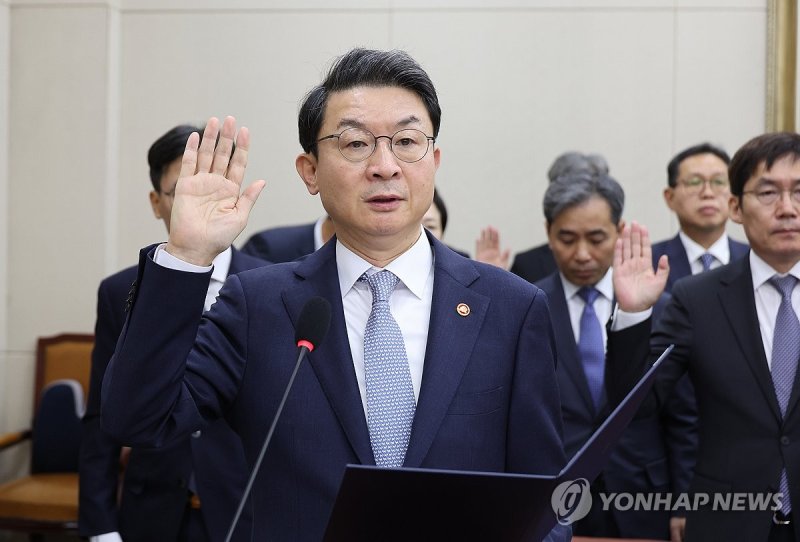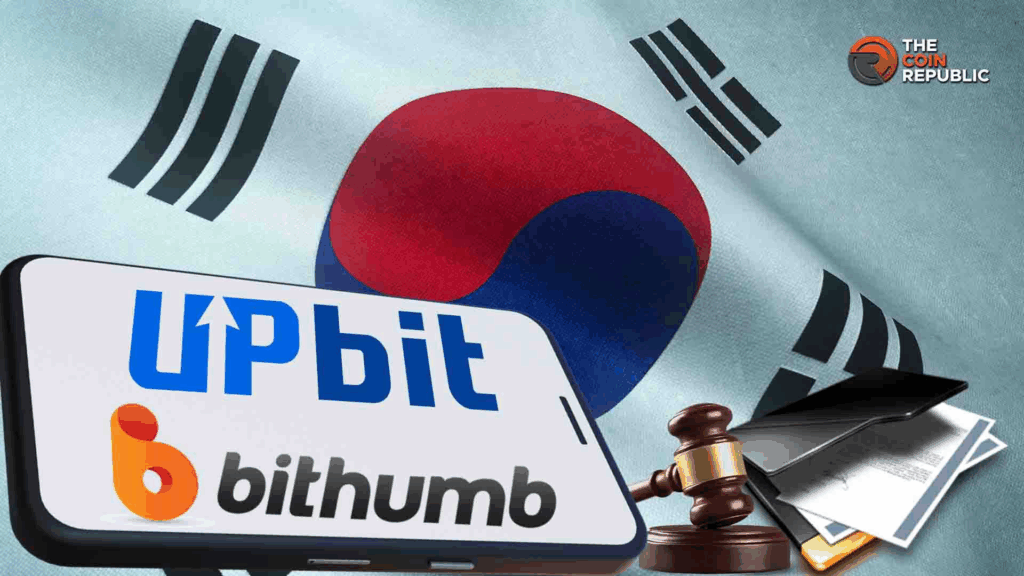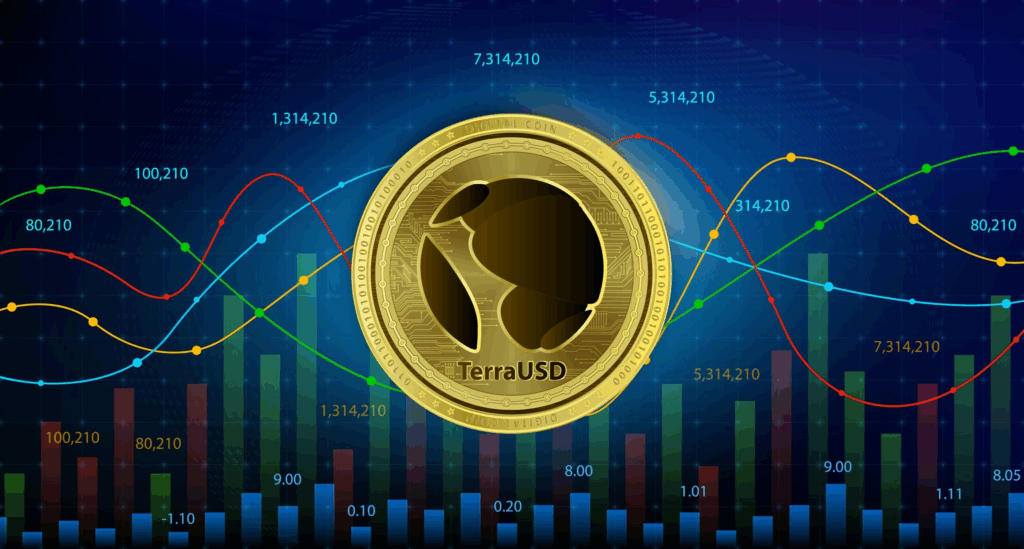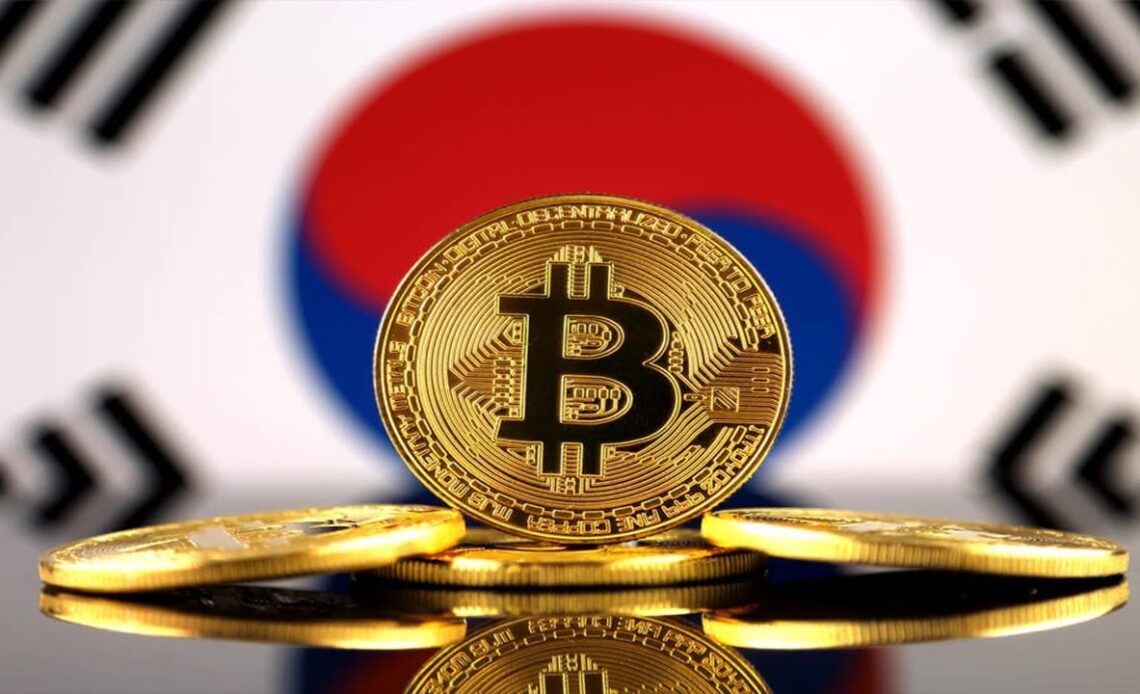⚡ South Korea is taking a decisive step toward full institutionalization of the cryptocurrency sector. According to Naver News, the Financial Services Commission (FSC) is preparing the second phase of the Digital Assets Act, which will radically change the rules of the game in one of the most active crypto markets in the world.
The country is effectively moving toward creating a “new type of crypto exchange,” where all processes — from token listings to stablecoin issuance — will be under direct government supervision.

New order: crypto under the same control as stocks
The key change is that listing decisions will no longer be made by private exchanges — such as Upbit or Bithumb — which until now have independently decided which coins to trade.
Now this will become a state function: all listing applications will go through centralized approval by regulators, similar to how companies are admitted to stock exchanges.

This marks the end of the era of “internal” listings, where tokens appeared on platforms through opaque schemes or informal arrangements.
Stablecoins under strict supervision
The law also introduces tough requirements for stablecoin issuers.
Each company issuing a token pegged to fiat currency will be required to:
- obtain a license from the financial regulator;
- hold 100% of reserves in liquid assets — deposits or government bonds;
- regularly report on the composition of reserves and their backing mechanisms.
Thus, Korea aims to prevent a repeat of incidents like the 2022 TerraUSD collapse, which shook the global crypto market and dealt a major blow to investor confidence — especially in Korea, where the project originated.

Market categorization and professionalization
The upcoming amendments will divide the crypto sector into licensed categories:
- exchanges (trading platforms),
- brokers (client intermediaries),
- custodians (digital asset holders).
Each category will be regulated under separate standards similar to those used in traditional financial markets.
Strict bans on manipulation and insider trading are also being introduced. Any attempts to influence token prices or organize “pump and dump” schemes will be treated as financial crimes.
When it comes into force
According to Seoul sources, the law is expected to be adopted by the end of 2025, with a six-month transition period for companies.
Why it matters
South Korea is one of the world’s largest centers of crypto activity. According to Chainalysis, the country ranks among the top five globally in trading volume and number of retail investors.
After a series of scandals and losses, regulators decided to focus on transparency and institutional maturity.

In the long term, the authorities expect that strict regulation will increase trust from major investors and enable Seoul to become one of Asia’s leading crypto hubs, comparable to Singapore and Hong Kong.
What it means for the market
- For investors — the market will become safer, with fewer dubious tokens and more transparent listings. However, volatility will decrease, and speculative opportunities will be limited.
- For startups — obtaining licenses and regulatory approval will require significant resources, raising the entry barrier but cleaning up the industry.
- For the global industry — South Korea may set a new regulatory standard that other countries will later adopt.
💥 Balance between safety and freedom
Korea is moving toward a fully regulated crypto market, where every coin follows the same rules as stocks. This reduces risks but also limits the “wild” freedom that once defined crypto.
In other words, cryptocurrencies are becoming more legitimate and protected — but at the cost of greater control and bureaucracy.
All content provided on this website (https://wildinwest.com/) -including attachments, links, or referenced materials — is for informative and entertainment purposes only and should not be considered as financial advice. Third-party materials remain the property of their respective owners.


